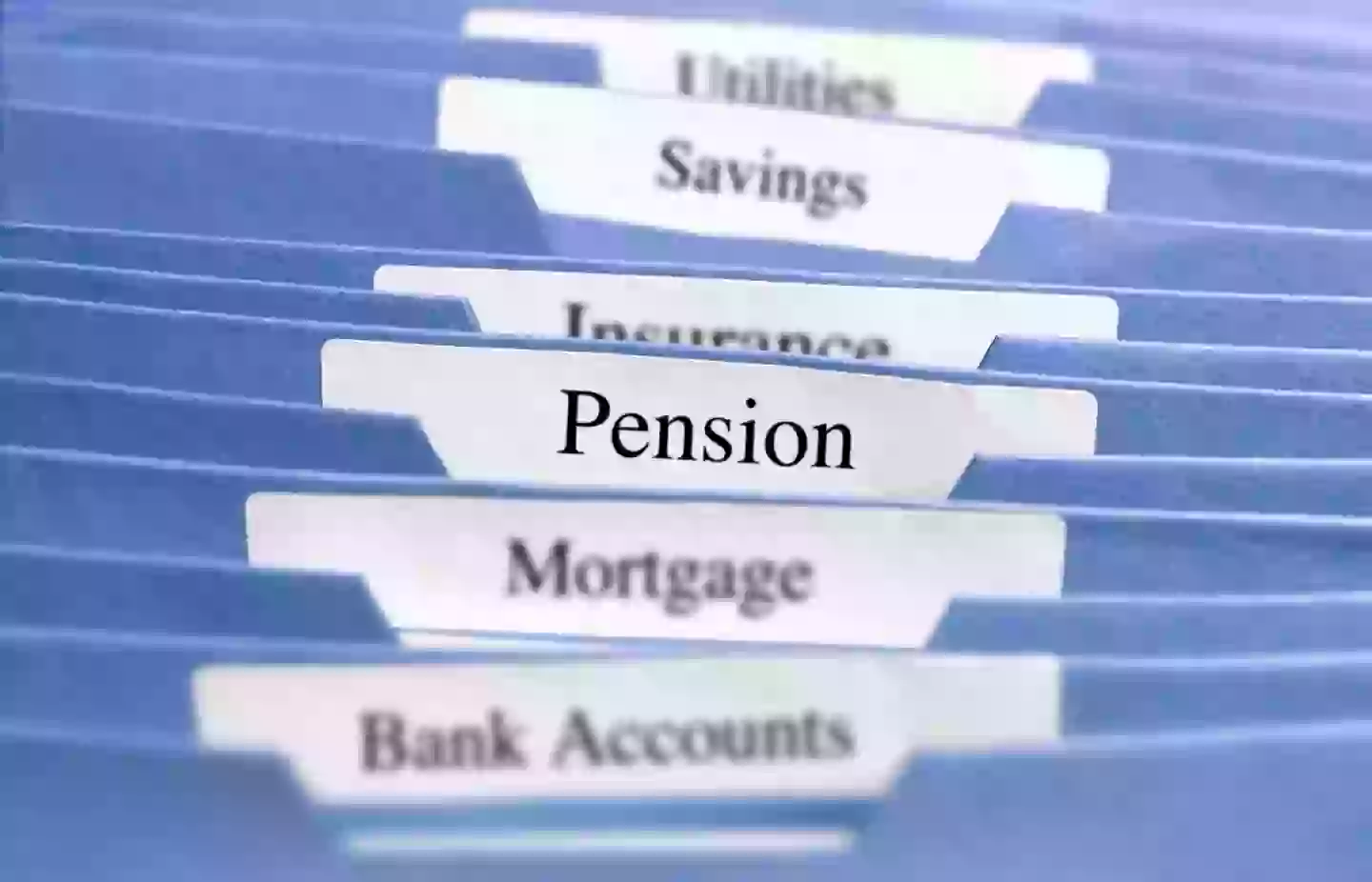The tariffs recently introduced by US President Donald Trump have been met with significant criticism. Contrary to the belief that companies will solely bear the brunt of these tariffs, individuals will likely feel the impact as well.
Recently, observers were alarmed when the stock market plummeted by $2 trillion in merely 25 seconds following Trump’s tariff announcement. In response, investors have shifted towards ‘safer’ investments like gold.
With the US dollar also being affected, it’s no surprise that there is widespread concern about financial futures.
The newly imposed tariffs include increased rates on global goods, prompting the European Union to announce plans for retaliation.

During an April 2 speech at the White House, Trump referred to the day as ‘Liberation Day’. He explained that these tariffs aim to reduce US reliance on foreign goods by targeting both trading partners and global nations.
The introduction of these extensive tariffs has already caused turbulence in financial markets, with many companies witnessing a decline in their stocks and shares.
Typically, as companies grow, they begin to sell shares on the stock market, allowing others to invest in them.
It is not only tech companies that sell shares but also those we depend on, like pension firms.
Pension funds invest our savings, and their value is closely tied to the performance of these investments.
Consequently, a dip in the stock market could diminish the value of your pension savings.
Pensions are long-term financial plans, and individuals usually choose providers that offer the best potential returns.
However, a prolonged market downturn could negatively affect your pension’s value.

While Trump’s actions against international companies could pose challenges for pensions, experts argue that investors are adept at navigating economic uncertainties with a long-term perspective.
If you’re nearing retirement with an invested pension pot and drawing income from it, stock market fluctuations will affect your returns.
As a result, withdrawing too much during a market downturn could reduce your expected returns.
Another potential consequence of Trump’s tariffs affecting everyday people is job security.
Prolonged declines in share prices may lead to budget cuts, potentially jeopardizing jobs as companies seek to balance their finances.
Additionally, interest rates could be influenced, potentially benefiting or disadvantaging individuals based on banks’ economic forecasts.
Ultimately, closely monitoring the FTSE 100 and making informed investment decisions is crucial moving forward.

